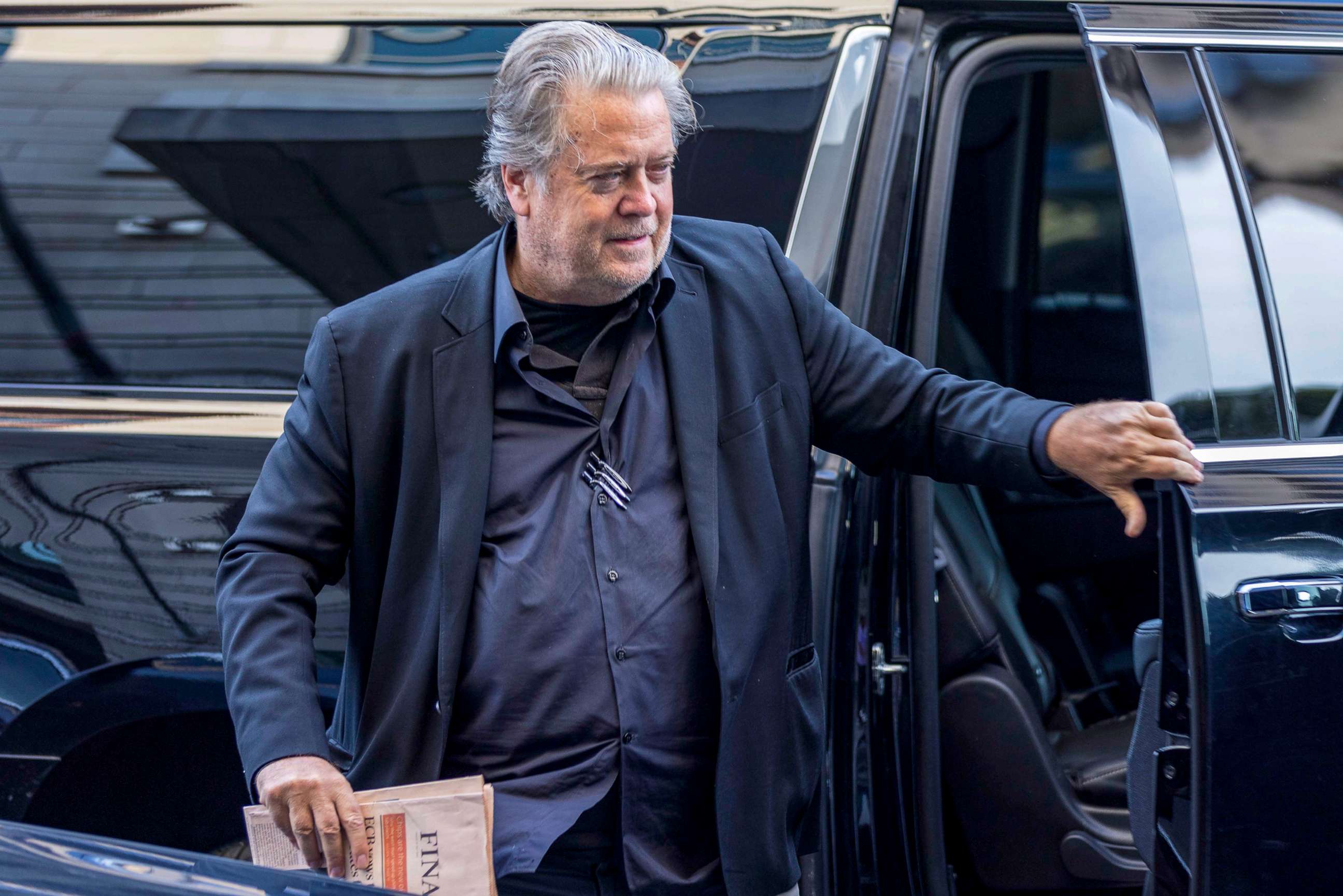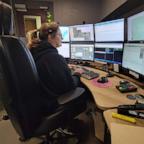Bannon chose 'allegiance' to Trump over the law, prosecutor says
During her closing argument, prosecutor Molly Gaston reminded the jury that the judge had told them that to convict Bannon, they must find that he not only failed to comply with the subpoena, but that he did so "willfully" -- not to mean that he did it for an "evil or bad purpose," but that the failure was "deliberate and intentional" and not the result of "inadvertence, accident or mistake."
Gaston insisted that Bannon's decision was "deliberate" and "willful" and that, "the reason for that choice does not matter."
"It does not matter if he refused to comply because his lawyers advised him so," or because he believed a privilege was involved, she said. "As long as the defendant knew that he had been commanded by the subpoena to produce documents and give testimony," then "his belief that he had a good excuse not to comply does not matter. That is not a defense for contempt."
She said this may be "strict," but "in order for the government to function, citizens need to follow the rules. … It is how we all live together in society."
"The defendant chose allegiance to Donald Trump over compliance with the law," Gaston said.
Regarding claims by the defense that Bannon thought the dates "in black and white on the face of that document were not hard deadlines," Gaston said: "Please don't fall for that."
"We are here because the defendant had contempt for Congress," she said. "This is a situation in which the name of the crime tells you everything you need to know: contempt."
Referring to Bannon's defense attorney, Gaston said that "Mr. Corcoran has tried to tell you this case is about politics, but the only person making this case about politics is the defendant, and he is doing it to distract and confuse you. Don't let him."
"There is nothing political about enforcing the law against someone who, like the defendant, flouts it," she said.
"The defendant chose defiance," Gaston said. "Find him guilty."





